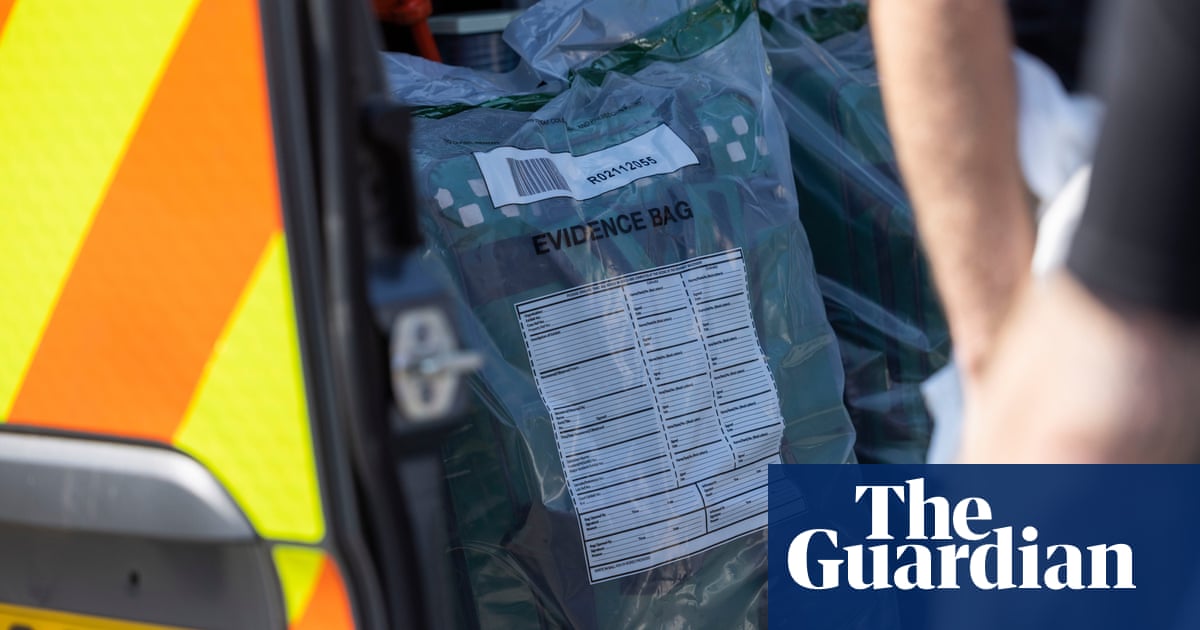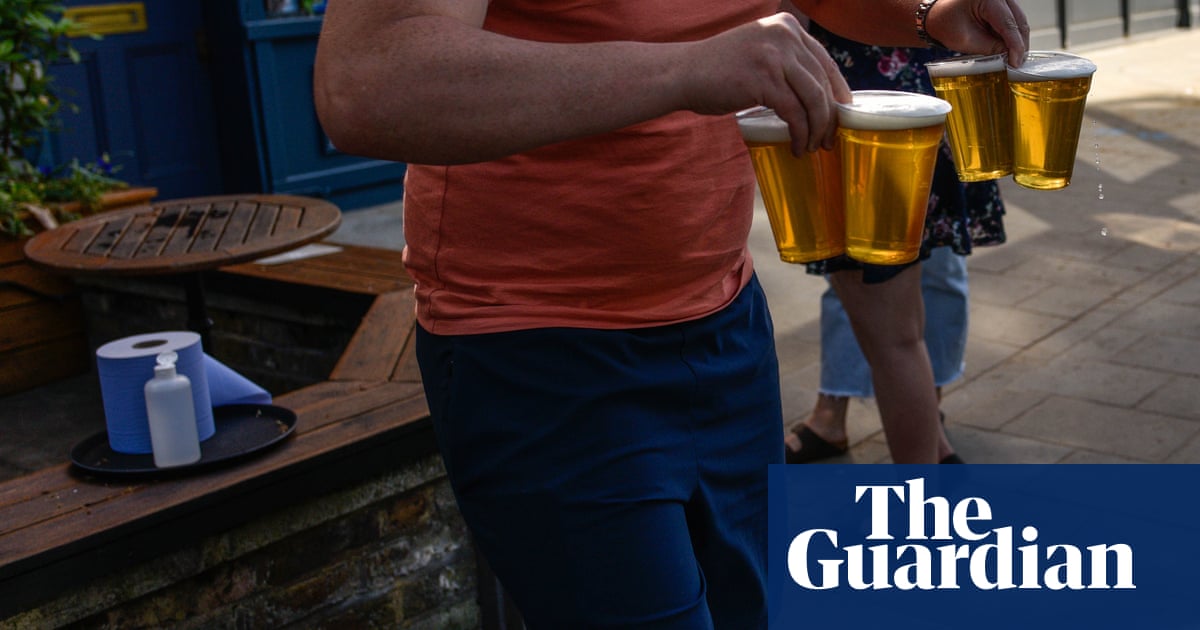
More survivors of rape and modern-day slavery in England and Wales will be able to give video evidence pre-recorded outside a live trial in a step ministers hope will boost confidence in the criminal justice system.
Under the measure known as section 28, survivors can apply to the court to be cross-examined in front of a limited number of people, to reduce the stress of giving evidence. It will then be played during the live trial, removing the need for them to attend in person.
On Friday, the government announced that the provision, already available in a limited number of crown courts, would be expanded to north-east England with the intention of introducing it countrywide as soon as practicable.
Dame Vera Baird QC, the victims’ commissioner for England and Wales, said: “The rollout of section 28 to more courts is a positive move that will help to reduce unnecessary stress and trauma for more victims, and I’m pleased to see this work gather momentum.”
The failure to secure more convictions in rape cases has led to accusations that the offence has effectively been decriminalised. Office for National Statistics figures published in January showed that in the 12 months to September 2021, only 1.3% of the 63,136 rape offences recorded by police resulted in a suspect being charged.
The section 28 provision is already available at Liverpool, Leeds, Kingston upon Thames, Harrow, Isleworth, Wood Green and Durham crown courts. The government said it would be extended to York, Grimsby, Hull, Bradford and Teesside in the coming weeks.
It said that in 2021, more than 1,800 witnesses used the provision to pre-record their evidence in front of defence and prosecution lawyers, the judge and defendant.
Fay Maxted OBE, the chief executive of the Survivors Trust, said: “The wider rollout of section 28 pre-recorded evidence will make such a difference for rape victims, who often tell us that giving evidence in court feels like re-traumatisation instead of the chance to say what happened to them.”
The extended use of section 28 was announced as local criminal justice scorecards were published for the first time, including information on the time taken for cases to be investigated by the police, for someone to be charged and for the case to be completed at court, and on victim engagement.
The government also announced that support services for victims of crime would be boosted by more than £440m over the next three years, in a change from the current model, where funding is confirmed annually.












